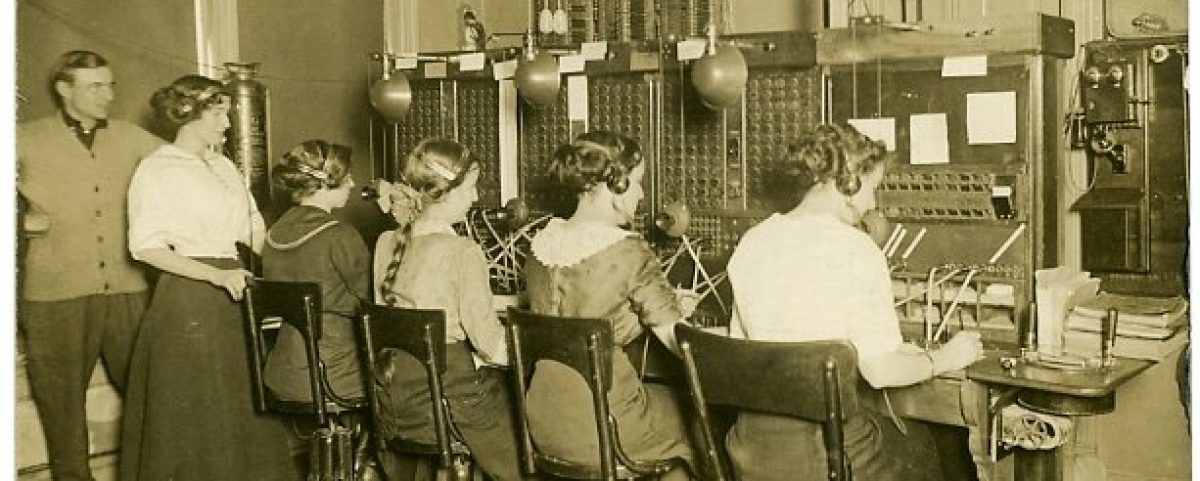Mid-Atlantic Regional Archives Conference
The 2008 Mid-Atlantic Regional Archives Conference (MARAC) was held over the past several days at Silver Spring, MD. Focusing on making history local, workshops were featured on documenting events on film, audiovisual collections, collaborative projects, and other archival resources.
I had an opportunity to participate in a session on audiovisual collections and local history. The conference planners had assembled an interesting panel composed of Jeff Krulik, a filmmaker and curator of the George T. Merriken collection; Rebecca Kinglsey, filmmaker, the Last Colony; and Jennifer Snyder, co-organizer, Washington D.C. Homve Movie Day Event. My part was to talk about how a small historical society goes about developing its AV collection.
As I listened to our panel and some of the earlier ones, I learned a great deal. Jeff is caring for the work of a 20th century filmmaker, George T. Merriken. He showed some of his footage from Glen Echo Park from the middle-third of the 20th century. It’s so wonderful to have these scenes so expertly and clearly captured on film. Rebecca is developing a documentary that examines the political rights of citizens voting in the District. While this is still a process in the works, she showed some of the intial footage. It was excellent and I’ll look foward to the final product. Jennifer showed some of the home movies that were screened at the Home Movie Event in the District. Chuck Howell of the Ujniversity of Maryland moderated the event. Earlier I attended a session on documenting 1968, which will be helpful to my research.
I was pleased to have an opportunity to participate in this session and share some of our experience.
New Workshop – Blogging for a Cause, Draws on Preservation Advocacy Experience
A valuable historical piece of land was threatened by a big box retail store early in 2008. As a result of the threat, I got involved in an advocacy project to save the property, but I couldn’t get print media to cover the story. After trying for months, while watching the situation deteriorate, I turned to a practical alternative, a blog called Someone Noticed. All at once I’d become a blogger with a cause.
The weblog served its purpose by creating far more attention on the proposal than I would have ever have been able to create in a newspaper. I’m now happy to report that the property is no longer at risk since the the town has stopped persuing the development interest.
From that experience, as well as my other blogging activities for courses and publishing historical pieces, I’ve developed a new workshop called “Blogging for a cause” In this one to three hour program, I share this real world experience with participants. It takes participants through the process of using this medium, with comprehensive discussions ranging from the basic technical concepts to how to leverage this web 2.0 product for community advocacy. It also examines how to create a compelling site, as well as how to strategize and leverage resources to serve as an effective advocate.
Old Eastern Shore Lawmen in Feature Article Published in Chesapeake Life
I just had a full length feature article published in the October issue of Chesapeake Life. Called “Badges of Honor: Tales of Eastern Shore Lawmen,” the piece features five law enforcement officials from the Shore. They are Sheriff Louis Andrews, 80, Caroline County; Chief Thomas N. McIntire, 83, Elkton; Officer Marshall L. Purner, 81, North East; Sheriff Robert Jones, 61, Somerset County; and Warden LaMonte Cooke, 57, Queen Anne’s County. I had lots of fun interviewing these fascinating men and hearing their tales of serving the citizens for decades.

